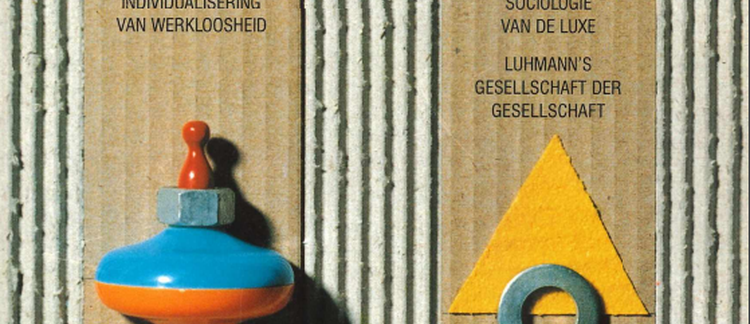Abstract
Departing from the theoretical questions articulated by Thomas Luckmann in his legendary “Invisible Religion” (1967), the significance of courses that are somehow dealing with the quality of life is discussed. On the basis of in-depth interviews, it is assessed that the courses do play a role in the interpretation of life of the participants. However, there is not one common meaning system underlying these courses. The one idea that is shared by most participants is the ‘ethos of bricolage’: everybody has to find his/her own way in life and there are only subjective criteria to evaluate different systems of truth. This results in a differentiation in people’s interpretations of life. Participants are also very resistant to group formation. Individual autonomy is seen as a priority. In that sense, the development of a new sort of (quasi-)religious community is not very likely. However, the courses do seem to get ‘institutionalised’ within service-economy, In that sense, this form of ‘privatised religion’ fits wonderfully into the late modern society, as it provides elements for reflective self-construction.
How to Cite:
Van Hove, H., (1997) “Individueel zingeven in laatmoderne tijden: de betekenis van cursussen rond de kwaliteit van het leven”, Tijdschrift voor Sociologie 18(3), 351–380. doi: https://doi.org/10.21825/sociologos.86423
Downloads:
Download PDF
View
PDF

